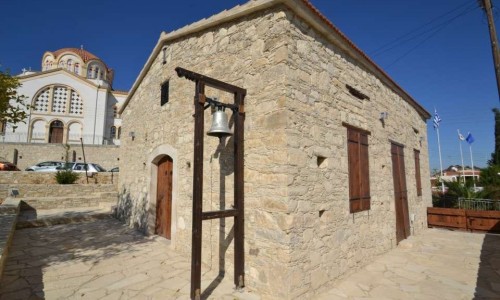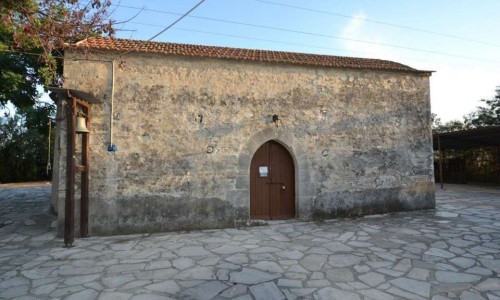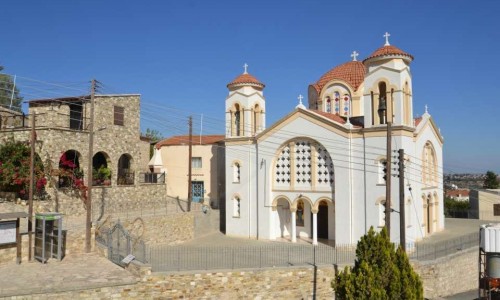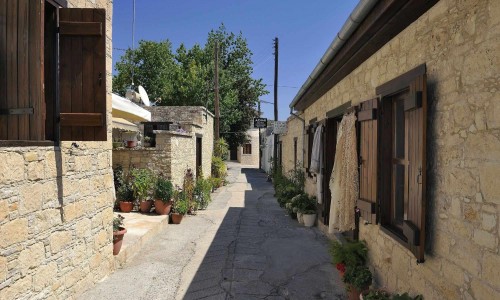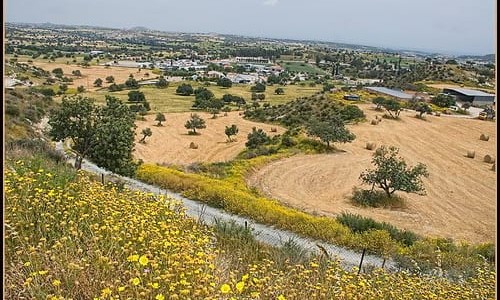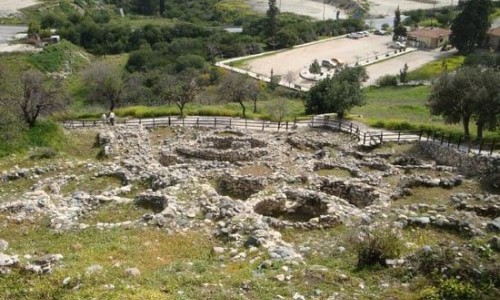Oroklini Lake
Nestled in the heart of Cyprus, Oroklini Lake stands as a testament to the island's commitment to preserving its natural beauty and biodiversity. This article delves into the allure of Oroklini Lake, highlighting its significance as a natural habitat and a serene getaway. The Charm of Oroklini Lake Oroklini Lake, located near Larnaca, is a wetland of great ecological importance. This shallow, saltwater lake is a designated Special Protection Area and a Natura 2000 site, reflecting its value for both local and migratory bird species.
The lake is a haven for bird enthusiasts. It provides a habitat for more than 190 bird species, including the Black-winged Stilt, Spur-winged Plover, and the Greater Flamingo. The best times for birdwatching are early morning or late afternoon, especially during the migration seasons in spring and autumn.
Apart from birds, the area around Oroklini Lake is rich in diverse plant species, some of which are endemic to Cyprus. The wetland also supports various forms of aquatic life, contributing to its rich biodiversity.
Oroklini Lake has benefitted from concerted conservation efforts aimed at preserving its natural state. These initiatives include habitat restoration, pollution reduction, and public awareness campaigns to highlight the lake's ecological significance.
While the primary focus is on conservation, the area around Oroklini Lake offers trails for nature walks and observation points for birdwatching. Visitors are encouraged to respect the natural environment, keeping to designated paths and observing quietly.
Located just a short drive from Larnaca, Oroklini Lake is easily accessible by car. The best times to visit are from October to March, when the migratory birds are present, though the lake offers its tranquil beauty year-round.
Oroklini Lake is more than just a body of water; it's a symbol of Cyprus's rich natural heritage. Its serene beauty and the chorus of bird calls provide a peaceful escape from the hustle and bustle of daily life, making it a must-visit for nature lovers and eco-tourists.








